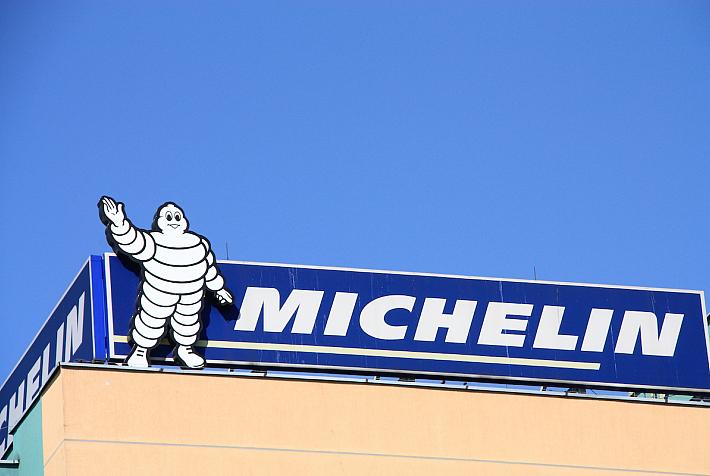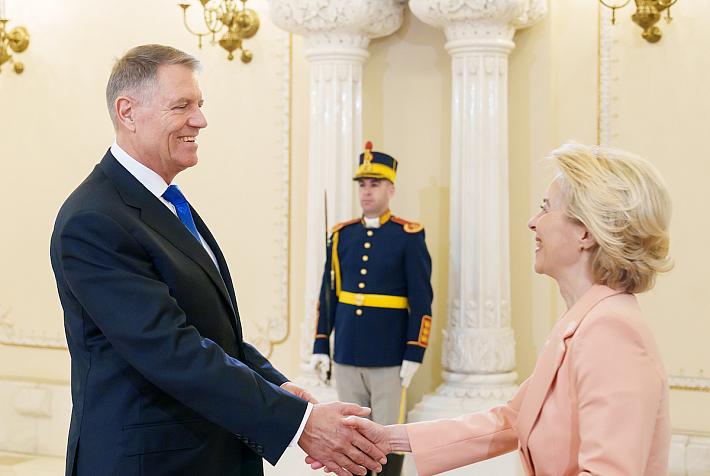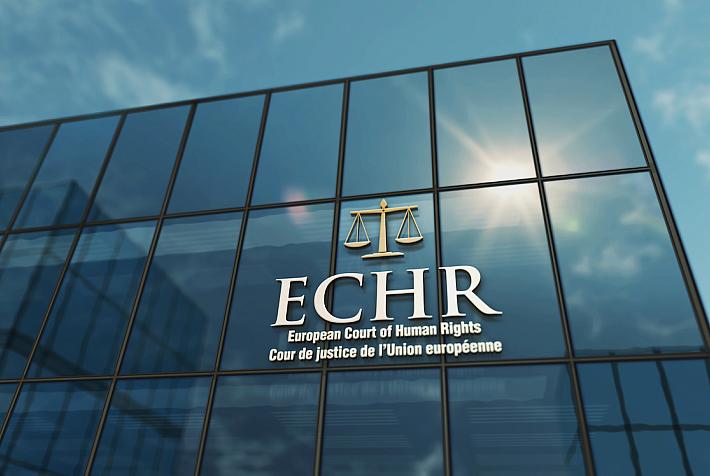President urges ruling coalition “not to engage Romania in a fiscal adventure with a sad ending”

Romanian president Klaus Iohannis criticized in harsh terms the fiscal measures recently proposed by the Government, saying that this so-called fiscal revolution would most likely turn into a “fiscal turmoil.” He also urged the ruling coalition “not to engage Romania in a fiscal economic adventure with a sad ending.”
It’s not the first time when the President criticizes the tax measures announced by the ruling coalition made up of the Social Democratic Party (PSD) and the Alliance of Liberals and Democrats for Europe (ALDE). In late-June, Iohannis asked the new Government to stop the „fiscal-budgetary hopping.” However, on Thursday, November 2, the President said the Government has failed to do that, and presented some evaluations to support his statement.
For example, although Romania is going through a period of record economic growth, this increase “has vulnerabilities that need to be known,” said Klaus Iohannis. One of them refers to the fact that the growth is mainly based on consumption, and this is generally not seen as being a sustainable or lasting growth. A healthy economic increase would also be based on investments, but this is not happening in Romania.
Iohannis pointed out that the foreign direct investments have dropped by 20% in the first half of 2017 over the same period the previous year. However, what the President finds to be even more worrying, is that the public investments dropped by more than 20% year-on-year, given that the situation last year was not so great either.
Tax revenues also represent vulnerability, according to Klaus Iohannis. He said: “We are in a very strange situation. The economy is growing and tax revenues are falling. Instead of having more money at the budget, because we have a growing economy, ironically, we have less money at the budget.”
To support his statement, Iohannis referred to the tax revenues, which are estimated to reach a record low of around 25% of the GDP this year, compared to the target set a few years ago, of 35%. “Still, 35% would be a small figure compared to other European countries, but 25% is extremely low and this should worry all of us.”
The President also referred to the paradox of having a record economic growth and a record increase in debt at the same time. “The Government behaves like somebody who gains more and more each month, but as he earns more, he borrows more from the banks. And he leaves his children and grandchildren to pay the debt.”
Klaus Iohannis also said that the European Commission has initiated the procedure of significant deviation on the budget deficit. “Well, significant deviation means, with regard to fiscal behavior, that we have taken a deviated path. We have lost what is called predictability and sustainability.”
The President also criticized the so-called fiscal revolution announced by the Government, which also includes the social contributions payment transfer from the employer to the employee, saying that this will not increase the Romanians’ salaries as promised by the ruling coalition, but in some cases the salaries may even decrease.
“So the big tax revolution made by PSD-ALDE brings an increase of RON 3 to a person with a salary of RON 2.335 per month. This is funny. Not that it would be bad to receive more money, I also want people to make more money but PSD-ALDE's promise that by transferring the social contributions, by lowering the income tax the salary would increase is just false. It goes up by 0.1%, meaning those RON 3, for the gross average salary. […] Well, if the PSD-ALDE policy targets or has the ultimate argument to increase salaries, then why aren’t they going up? Why do we need this mega fiscal hopping?”
He urged the ruling coalition to drop this kind of fiscal policy that generates mistrust and uncertainty.
Some of the fiscal measures announced by the Government have also been criticized by trade unions and business environment representatives. The most criticized measure is the one referring to the transfer of social contributions from employers to employees, which companies and their employees see as a source of great uncertainty. Meanwhile, the PSD leaders and the government don't want to give up this measure, which they say will increase the employees' salaries without extra costs for the employers.
AmCham Romania: Contribution transfer to negatively impact labor market
Foreign investors contradict Romanian PM on contributions’ transfer
Romanian Government’s recent tax measures generate extra costs for employers
Irina Marica, irina.marica@romania-insider.com















